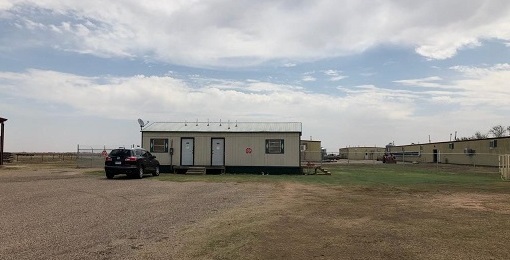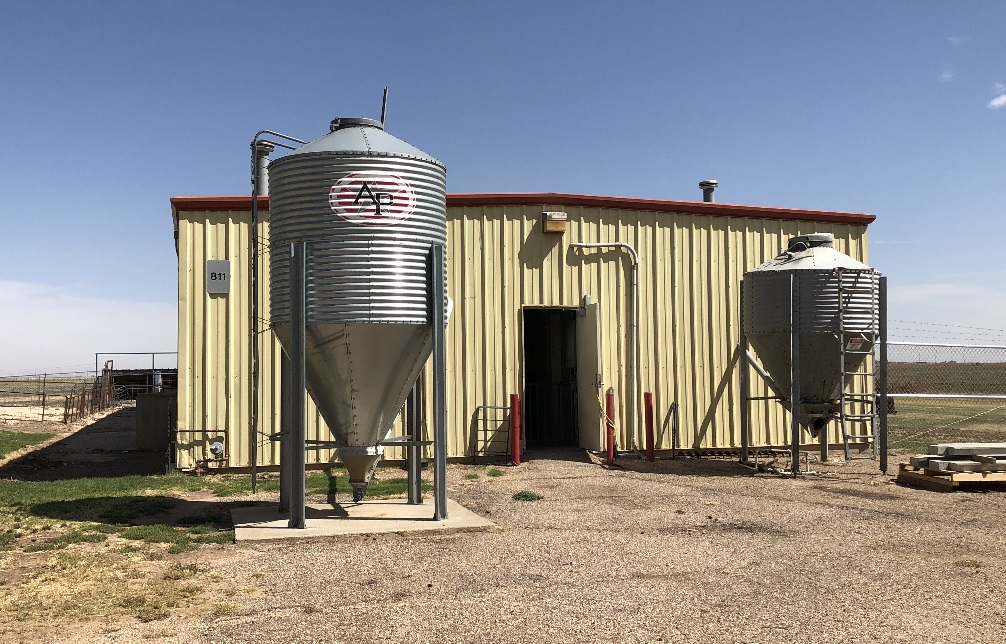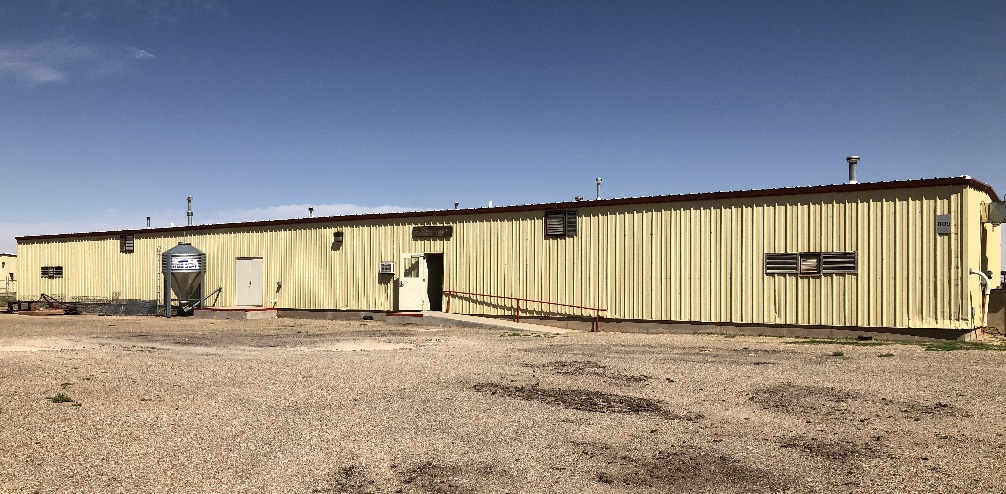TTU Swine Unit
About the Swine Unit
The Texas Tech New Deal farm consists of over 980 acres and has multiple research programs within Tech's Department of Animal and Food Sciences and the Department of Plant and Soil Science. The unit was founded in 1978 and originally was located on the North side of the livestock area later moved to the farm for a larger expansion. TTU is planning a new swine unit in the near future.
A few legacy sites of the facility include:
- An indoor swine research program and swine farrowing facility for the study of pigs
- A metabolism center for the detailed study of animal nutrition of various feed sources passing through the animal
The research farm is located on FM 1729, about 6 miles east of the town of New Deal, and a 20-minute drive from the Texas Tech campus. The farm has an elevation of 3,262 feet, and an average annual rainfall of 18.6 inches.
The Swine Unit is used for both research and education. Teaching laboratories are held at the farm and the facility is visited regularly by producers, school children, research partners, students and international visitors from all over the world.
Click to tour Swine Unit
Tour the swine unit
Aerial View of the Farm and Swine Unit
Office
Research Building

Gestation Barn
Outside View
Inside view
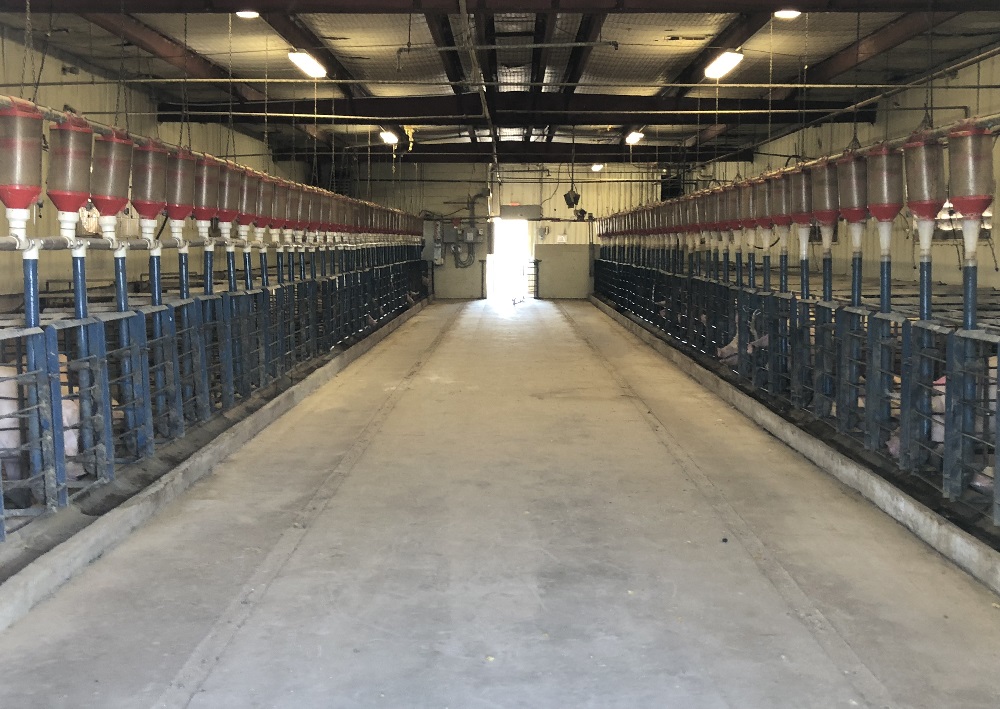
Farrowing and Nursery Barn
Outside view
Inside View (East Wing Nursery)
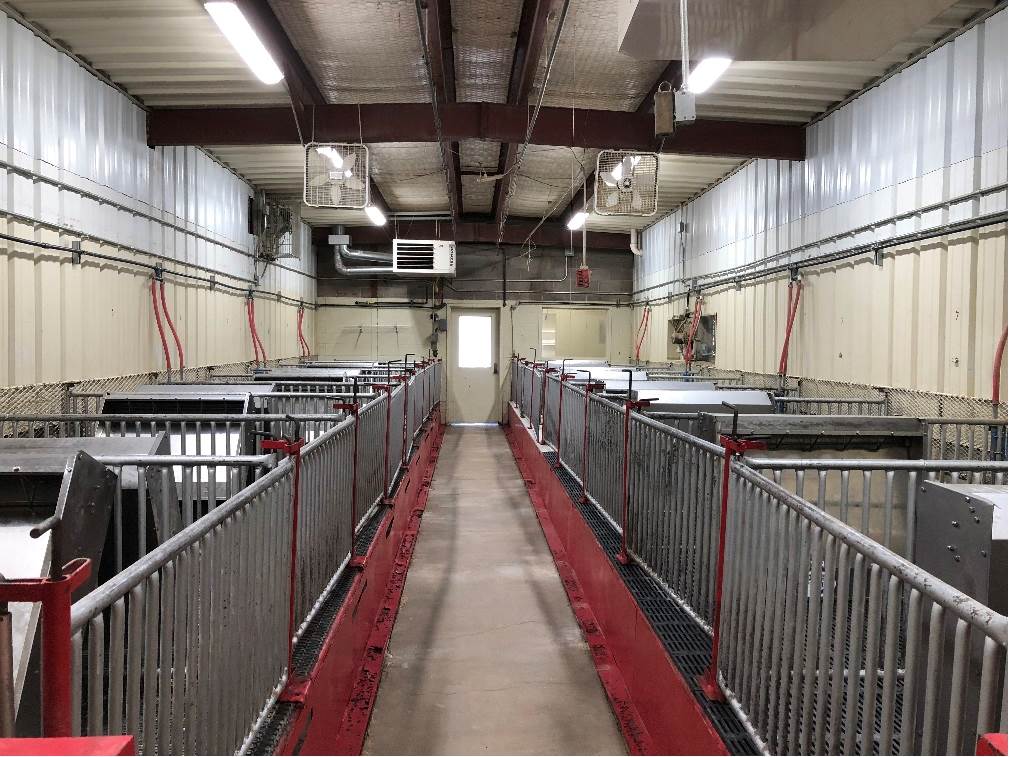
Tour New Deal Swine Unit by video
Farm Staff
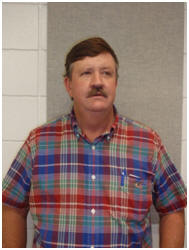 |
 |
|
Stanley Harris Retired Swine Unit Supervisor |
Edward Carrasco Swine Unit Supervisor
|
Laboratory of Animal Behavior, Physiology and Welfare
-
Address
1308 Indiana Ave Lubbock, TX 79409-2141 -
Phone
806.834.8275 -
Email
john.mcglone@ttu.edu

